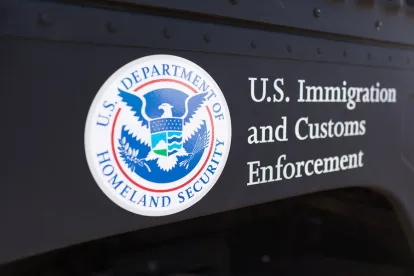On April 24, 2018, the U.S. District Court for the District of Columbia rejected the decision by the U.S. Department of Homeland Security (DHS) to rescind the Deferred Action for Childhood Arrivals (DACA) program. Declaring DHS’s action to be “unlawful” and “arbitrary and capricious,” the court issued an order vacating the rescission, but permitted the Trump administration 90 days to salvage its efforts to end the program by better explaining its reasoning. As a result of the court order, should the administration fail to provide a more complete and compelling explanation to support its decision to end the program, DHS will be required to accept and process new DACA applications, as well as renewal DACA applications.
Previously, the administration’s attempt to end the DACA program had been blocked by a pair of district courts in New York and California that had issued nationwide preliminary injunctions against the rescission while litigation on the matter continued. Although those injunctions forced the federal government to keep DACA in place, they only preserved the opportunity for those already possessing DACA status to reapply for benefits. They did not create an opportunity for individuals to file new DACA applications. By concluding that the decision to rescind DACA was unlawful on the merits, the current ruling by the D.C. district court marks a far more serious threat to the administration’s hopes to unwind the program and creates the possibility that the program could be opened back up to new applicants.
DACA Background
DACA was established in 2012 by former president Barack Obama to provide relief to certain undocumented immigrants who were brought to the United States as children. The program allowed those who qualified to apply for deferred action from deportation and provided them with work authorization. Almost 800,000 individuals are currently estimated to hold DACA status. On September 5, 2017, President Donald Trump announced his intent to end DACA, claiming that the Obama-era program was unlawful.
Impact on Employers
Because the D.C. district court delayed its order from taking effect for 90 days, the status quo for the DACA program remains in effect. For now, DACA beneficiaries, known as DREAMers, may continue to receive benefits and apply for two-year renewals of their status. Employers will be expected to follow current law under which they are not permitted to treat DACA beneficiaries differently from any other employees. Any employees who are DACA beneficiaries will remain work-authorized throughout the validity period of their acceptable work authorization.




 />i
/>i
